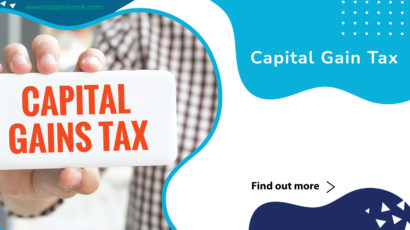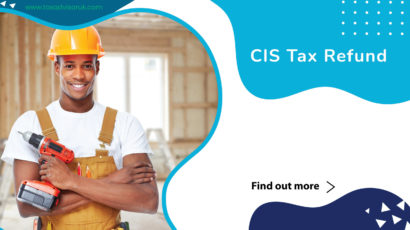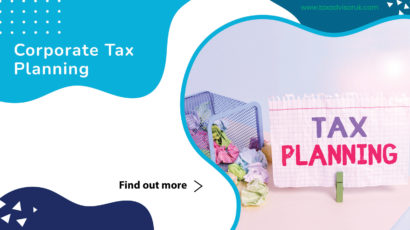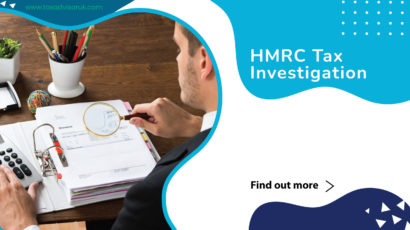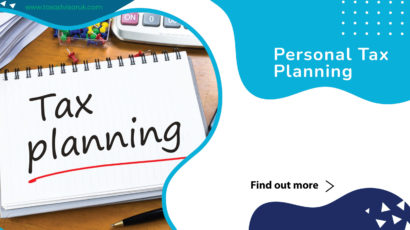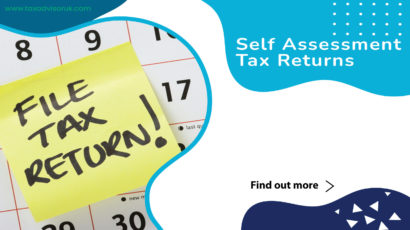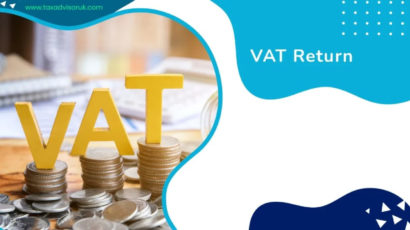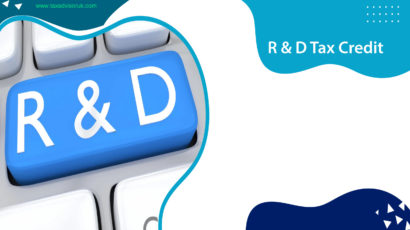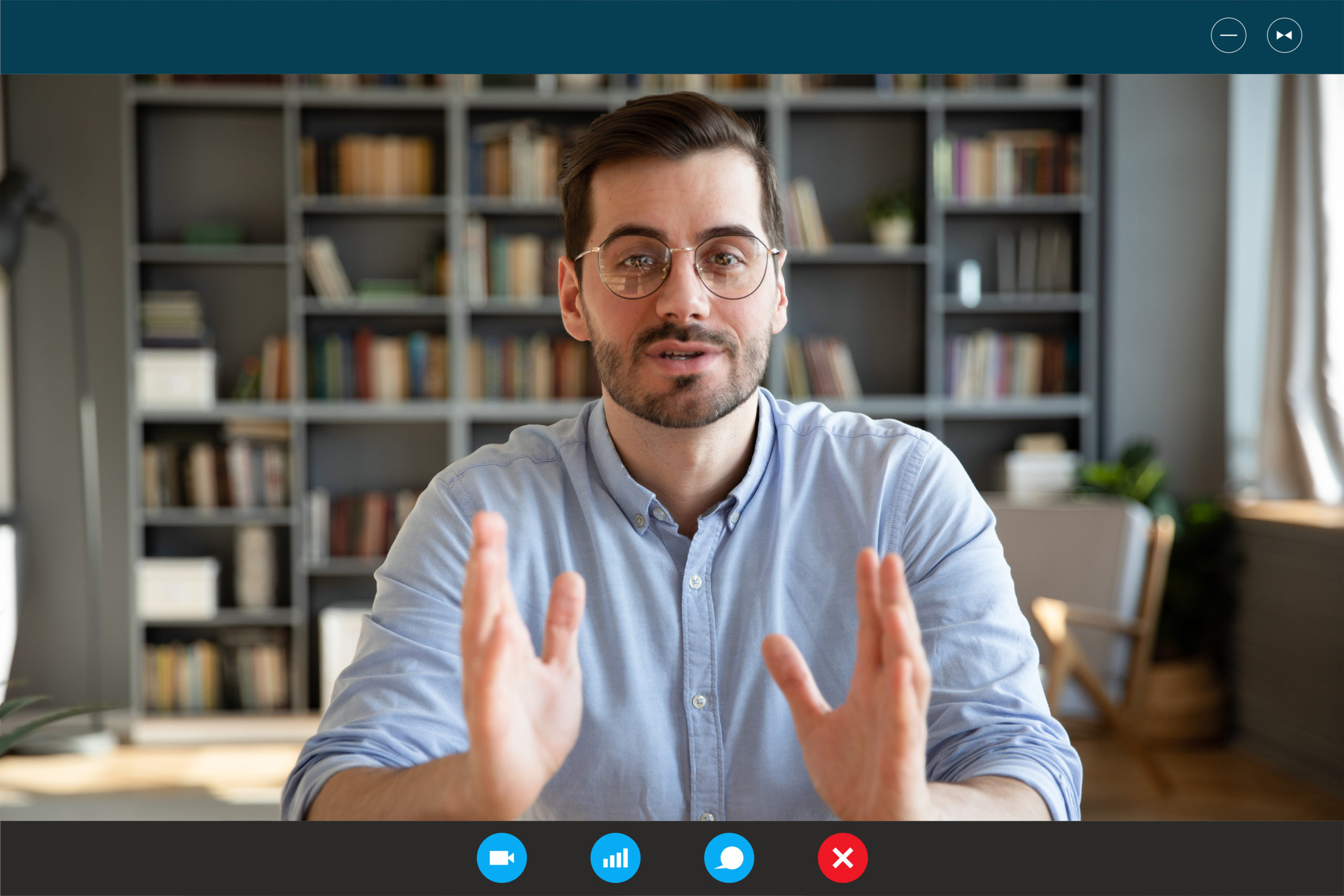If you’re self-employed, you’ll almost certainly be required to file a Self Assessment tax return. We recommend hiring an accountant to handle your Self Assessment tax return since they can advise you on where you can save money on taxes. If you prefer to do your own tax return, follow our instructions on how to file a tax return.
What is Self Assessment?
HMRC usually collects income tax from employees directly through their employers’ PAYE/payroll systems. If you’re self-employed or have other sources of income, you must file a tax return with HMRC once a year to disclose your earnings and have HMRC calculate the tax due.
Do I need to fill in a Self Assessment tax return?
If you have to to file a Self Assessment Tax Return, HMRC provides the following guidance: You will be required to submit the tax return and settle the tax liability by self assessment system if you were in the previous tax year:
- A sole trader as self employed with an annual income of more than £1,000
- In a business partnership, a partner.
- If you own and operate your own firm and are solely responsible for its success or failure, you are considered self-employed.
If you have untaxed income from other sources, you may be required to file a tax return.
- a property that is rented out
- Tips and commissions (for example, you’ve opened a restaurant and have received tips for services provided quite well).
- Dividends, savings, and investments are all options.
- Foreign earnings
How do I file a tax return for the self-employed?
If you’re self-employed, freelancer, or contractor, here’s a brief guide to filing a tax return.
1) Register for Self Assessment
By the 5th of October in your business’s second tax year, you must have registered for Self Assessment with HMRC. If you fail to meet this deadline, HMRC may levy a penalty. To enrol in Self Assessment, go to HMRC’s Self Assessment registration page and fill out the form. You will obtain a Government Gateway user ID when you register for Self Assessment, which you may use to set up your personal tax account. You can use this account to log in and handle your taxes online. You’ll also be assigned a unique taxpayer identification number (UTR). You’ll need all of this information to file your tax return online, so keep it safe.
2) Can I file my taxes online if I’m self-employed?
Once you’ve enrolled, you can opt to file your tax return online or on paper – but we advocate filing it online because, under Making Tax Digital, HMRC will ultimately discontinue the paper tax returns. You’ll have an extra three months to file your self-employed tax return if you file it online.
3) What information do I need to file my tax return?
Your income and expenses are the most important pieces of information you’ll need to prepare your tax return as a self-employed person. Keep in mind that you can subtract some expenses from your income to calculate your overall taxable profit. To learn more about the expenses you can deduct to lower your tax burden, download our sole trader handbook. To complete your self-employed tax return, you’ll need the following information:
- income from self-employment
- employment income (assuming you have a job).
- dividends.
- interest.
- Income from Rent
- foreign earnings
- Contributions to pensions
- monetary assistance
- income from pensions
- Account payments are accepted.
- Unemployment benefit or redundancy lump sum payment
- P11D.
- capital gains.
If you have any doubts about any of the above, we recommend consulting an accountant and having them fill your tax return for you to make sure it is accurate and you pay the correct amount of tax.
4) How to complete your tax return online
HMRC has an online system for filing tax returns that is both easy and secure. However, it is critical that you complete the form correctly, as it is simple to overlook information or fail to indicate all you require if you lack knowledge. This is where a certified accountant, such as Tax advisor UK accountants, can help to ensure the information is accurate &, submitted correctly, providing advice on how to reduce your tax bill, and liaising with HMRC on your behalf. Our Self Assessment tax return service is quick, easy, and affordable, and it comes with a penalty-free guarantee. However, if you still wish to file your own tax return, follow these procedures to do so online:
- Examine your personal information.
- Fill up all the areas that are applicable for you (the system will automatically eliminate sections that aren’t applicable to you based on your past history).
- Detailed information about what you’ve earned.
- Make a list of your tax-deductible expenses.
- Make sure you double-check everything.
5) Confirmation of filing your tax return
You’ll receive a confirmation message and a unique number once you’ve submitted your Self Assessment return online. HMRC will figure out how much tax you owe and how much National Insurance you have to pay.
What happens if I file my tax return late?
If you submit your tax return late (after the 31st of January for online filings), you’ll be charged a £100 penalty if it’s late upto three months. If you pay your tax bill later, you will pay more. Late payments will also incur interest charges. Make sure you give yourself sufficient time to collect all of your data and file your return on time. If you wait until the last minute, you’re more likely to make mistakes or forget something important when you submit the return.
Why use an accountant to file my tax return?
Here are just a few of the advantages of having your tax return prepared by professional accountant like TaxAdvisor UK team: Save time: Our approach is completely streamlined, quick and efficient, and far simpler than filing your own tax return. Fixed Price: Our tax return service is affordable and provides exceptional value for money when compared to doing it yourself. Tax savings: Our tax professionals will make sure you don’t pay any extra pence in taxes than you need to. You’ll have 15 minutes with one of our tax experts and receive our spending guide, which will help you understand what expenses are allowed Errors should be avoided: You are more likely to avoid costly mistakes if you hire an accountant to prepare your tax return. If you prefer to submit your own tax return but have doubts about anything, you may contact HMRC directly or hire an accountant to help you with the procedure. The key to submitting a self-employed tax return is proper planning and knowledge of how the tax system works, as well as what expenses and reliefs you are eligible to claim.
How TaxAdvisor UK can help
At TaxAdvisor UK , our experts will provide you 30 minutes free consultation and help you in managing all your tax and accounting work. Speak to our expert accountants, tax advisor on (0203) 5381276 or fill an online form today. We can have a consultation session over the phone, virtual or face to face meeting and will provide you with a no obligation fixed quote




